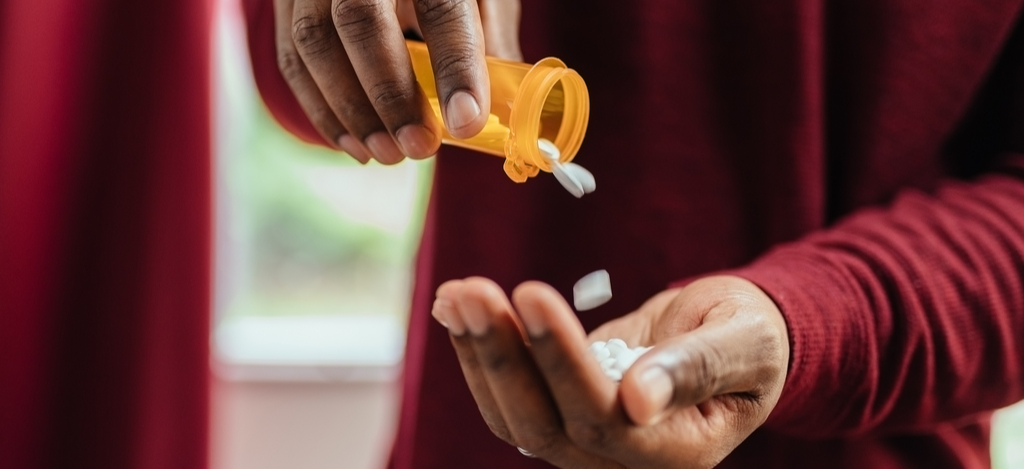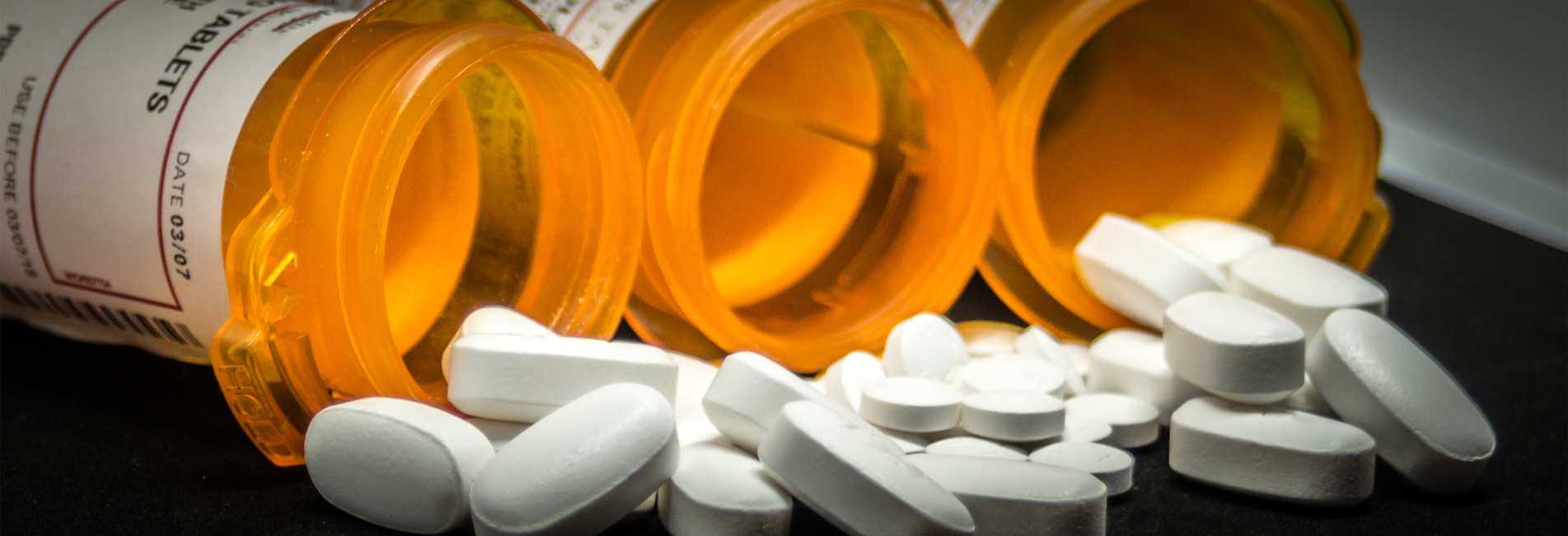Melissa Etheridge’s Son Dies from Opioids
Beckett Cypher’s Opioid Overdose
Table of Contents
Opioid overdoses account for thousands of deaths each year.
From 2010 to 2017, fatal opioid-related overdoses grew from 21,099 to 47,600. After that, there were 46,802 fatal opioid overdoses in 2018 alone.
In May 2020, Melissa Etheridge and her former spouse Julie Cypher lost their son after an opioid overdose.
The musician announced the loss on Twitter: “Today I joined hundreds of thousands of families who have lost loved ones to opioid addiction.
My son Beckett, who was just 21, struggled to overcome his addiction and finally succumbed to it today.
He will be missed by those who loved him, his family and friends.”
Immediate Placement in Opioid Drug Rehab
Common Opioid Overdose Forms
There are many different drugs, combinations, and circumstances that might lead to an opioid overdose.
Between prescription opioids and illicit opioids – like heroin – thousands of lives are lost to opioid overdoses each year.
Fentanyl is an example of a drug that comes in both prescription and illicit forms.
This dangerous synthetic is made to mimic the effects of natural opioids that are harvest from opium poppy plants.
Heroin, on the other hand, is an example of an opioid with no approved medical uses.
Prescription opioids are given to patients with moderate to severe pains.
Typically, these patients must show that their pain is not responsive to less intense pain relief methods, like Aspirin.
When your pain is chronic or severe, an over-the-counter product may not be enough.
For anyone with persistent or stubborn pain, opioids can be appealing.
Both prescription and illicit opioids relieve pain and make you feel more relaxed.
They are also troublingly addictive, making opioid overdoses all too common.
Our drug abuse treatment programs can help you take control back from your addiction.

Prescription Opioid Overdose
When it comes to illicit drug use, prescription opioids are high on the list.
The second most common form of illicit drug use is prescription painkiller abuse.
These drugs and their effects are addictive.
By nature, addiction can be challenging to avoid when you experience any level of opioid abuse.
This is particularly true if you started with a genuine medical need, and your pain persisted after the prescription ended.
Most individuals who misuse prescription opioids eventually move on to something stronger.
Physical tolerance can occur quickly with strong, potent substances such as these. Once this happens, the drug becomes less effective.
For people with chronic pains, this presents a challenge.
As you seek to recreate the pain relief and relaxation you achieved initially, your increased frequencies, dosages, or other methods of abuse put you at greater risk of an opioid overdose.
Our dedicated team can put a stop to this cycle of abuse.
We can help with treatment methods for various opioids.
We will also build a customized program that best suits your needs.
Medical Uses for Prescription Opioids
Prescription opioids can offer pain relief and a heightened feeling of relaxation.
These effects are achieved when the opioids block certain pain receptors in your body.
A doctor may hesitate to prescribe something so strong until he or she knows that your pain is unresponsive to other medications.
Under extenuating circumstances, like a broken bone or childbirth, they may start with prescription painkillers.
Normally, they will want to exhaust alternatives first, but this is not always the case.
Opioids are not always obtained this way either.
Prescriptions can be purchased, traded, or swapped.
Illicit forms can be concocted in labs and sold on the streets.
Opioids are addictive and habit-forming in any form.
This is why so many doctors will only write short-term prescriptions.
Unfortunately, with all other factors considered, opioid misuse can be difficult to monitor and control.
Learn More About Our
Drug Rehab Program for Opioid Addiction
Opioids are Frequently Treated in Opioid Rehab
Heroin is one of the most common drugs in opioid rehab programs.
Prescription opioids follow it closely.
Vicodin, Percocet, morphine, and codeine addictions are also common.
While morphine is often prescribed and used in certain medical settings, illicit use is more common.
Prescription opioids are meant to be used for short periods of time. Most prescriptions last as little as a few weeks at a time.
This rule is designed to make it easier to avoid addiction.
However, it is not always that easy.
Chronic pain can lead you to extend your prescription, purchase opioids illegally, trade or swap with others, or transition to stronger drugs.
Overcoming your addiction and avoiding an opioid overdose requires clear and consistent treatment.
It requires a dedicated approach.
Over time, it will become easier to manage.
Illicit Opioid Overdose
Any amount of illicit drug abuse can start you down a dangerous road.
Most prescription opioid abusers will eventually graduate to heroin abuse.
The link between prescription opioids and heroin has been firmly established.
Studies have found that up to 86% of survey responders reported using opioids before using heroin.
The effects of these drugs are similar.
Heroin creates effects that are more potent and fast-appearing.
Often, heroin is easier and cheaper to obtain than a prescription might be.
However, the transition from prescription opioids to heroin is a deeply troubling one.
Heroin alters your brain chemistry in dangerous ways.
It makes it difficult to quit even after you decide you are ready to.
Luckily, we understand the best methods, approaches, and approved medications to use in our addiction treatments.
We know how to end many different addictions and help you avoid an opioid overdose.
We have spent years developing our treatment programs, methods, educational tools, and resources.
We provide proven, research-based, and customizable care that is difficult to match.
24-Hour Drug Rehab Hotline
Opioids and Mental Health
Many individuals that are addicted to drugs also find they are contending with other mental health disorders.
Anxiety and depression are two of the most common.
When an addiction and mental health disorder co-exist, it is called a dual diagnosis.
For example, opioid addiction and anxiety together are considered a dual diagnosis.
While some people develop mental health problems due to their drug abuse, others abuse drugs to cope with the symptoms of pre-existing mental health disorders.
In either order, it is important to treat each disorder at the same time.
Our dual diagnosis treatment program helps with this.
Attending Opioid Rehab to Avoid an Opioid Overdose
At Emerald Isle, we build customized treatment programs that meet you where you are and get where you need to be.
We offer various treatment settings that meet many unique needs.
We work with you to create a treatment plan to benefit you the most.
You will have access to a range of effective care methods in all of the following settings:
- Residential rehab
- Partial hospitalization program
- Intensive outpatient program
- Outpatient rehab
- Long-term rehab
- Aftercare addiction treatment

Paying for Drug Rehab
If you have health insurance, paying for drug rehab is likely much easier than you might think.
At Emerald Isle, we accept payments from most major health insurance providers.
This a long list of other insurance providers.
For free insurance verification to confirm your coverage, call our treatment specialists today for assistance.
They will also outline alternatives if you do not have health insurance.
Free Insurance Verification for Drug Rehab
Emerald Isle Opioid Rehab
Opioid abuse has destroyed the lives of countless individuals, families, and communities.
You do not have to join the growing numbers of those lost to the opioid epidemic that has devastated this country, especially in recent years.
You can choose a better way.
Choose Emerald Isle Health and Recovery.
Our opioid rehab programs will give you the care, support, and guidance you need to change your life.
Call us today for more information.








